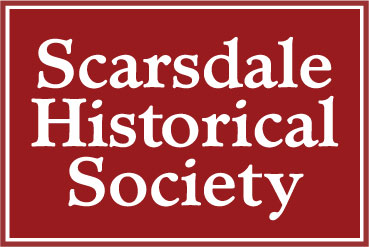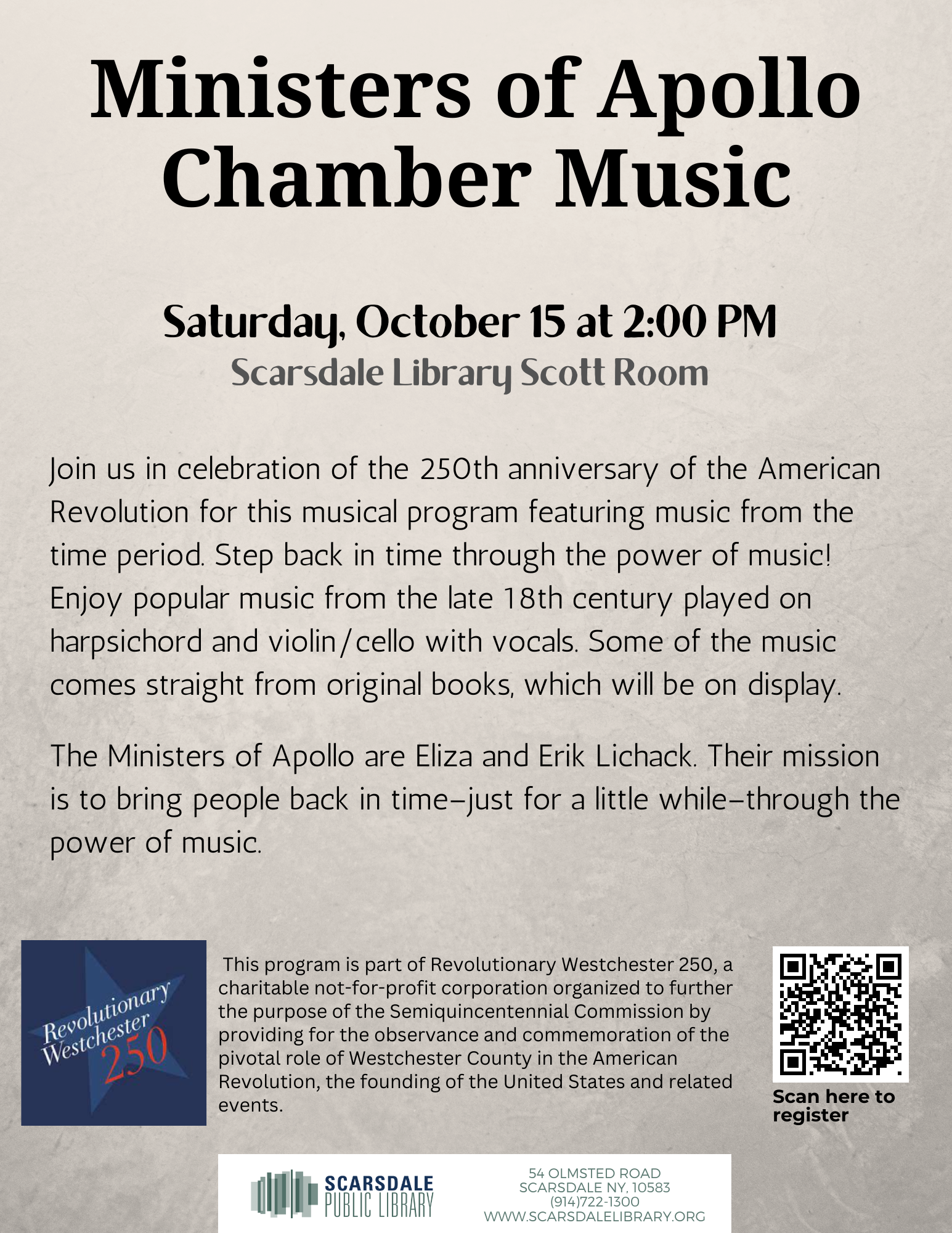Scarsdale is known for having some of the top public schools in the country, and from its earliest days the Village has made quality education a top priority. However maintaining the integrity of the schools was not always easy. In the late forties and fifties during the Cold War era of anti-Communist hysteria, the school board with the support of a majority of Scarsdalians, resisted relentless accusations from a small group of residents who insisted that Communists had infiltrated the Scarsdale schools. Scarsdale rigorously defended the loyalty of the school staff and opposed any censorship of books taught in the schools.
These were years when the country was in the grips of anti-Communist sentiments, and fear mongering of the “Red Menace” had reached maximum effect. The House Un-American Activities Committee (HUAC) was created in 1938 to root out any perceived Communist and Fascist influence in government agencies. Following World War II, after the split with Stalin’s Russia, the HUAC hearings led by Senator Joseph McCarthy between 1950 and 1954 would destroy many individuals’ lives and reputations.
From 1948 through the late fifties, a group of Scarsdale residents calling themselves the Committee of Ten, and later the Citizen Committee, campaigned for a full investigation into alleged Communist influence in the Scarsdale Schools, and advocated banning certain books used in schools.
One of the most determined and vocal leaders of the group was a Wall Street banker and father, Otto Dohrenwend. In 1948, Dohrenwend and his lawyer arranged a meeting with Principal Nelson Smith and Assistant School Superintendent Archibald Shaw to urge the removal of Howard Fast’s books and Anna Louise Strong’s biography of Paul Robeson. They regarded these authors as “Communist sympathizers and apologists.” Howard Fast was a novelist and screenwriter whose book about Thomas Paine, Citizen Tom Paine, was taught in the High School. He was later blacklisted in Hollywood and jailed for three months for contempt of Congress when he refused to name names at the House Un-American Activities Committee hearings.
The Committee’s accusations escalated over the next eight years with the constant publication of angry letters, protests, and tense meetings. Otto Dohrenwend ranted at one school board meeting that the “whole textbook industry has been infiltrated by Communists.” He was joined by William Kernan, an assistant minister at the St. James the Less Church and other committee members who criticized the 10th grade text book, World History edited by Harvard Professor William Langer, because it included pictures of Marx, Lenin and Trotsky. The Story of America by Ralph V. Harlow was listed for being critical of corporations. Haym Salomon, Liberty’s Son by Shirley Milgrim was criticized for describing revolution “for the masses” instead of for country.















